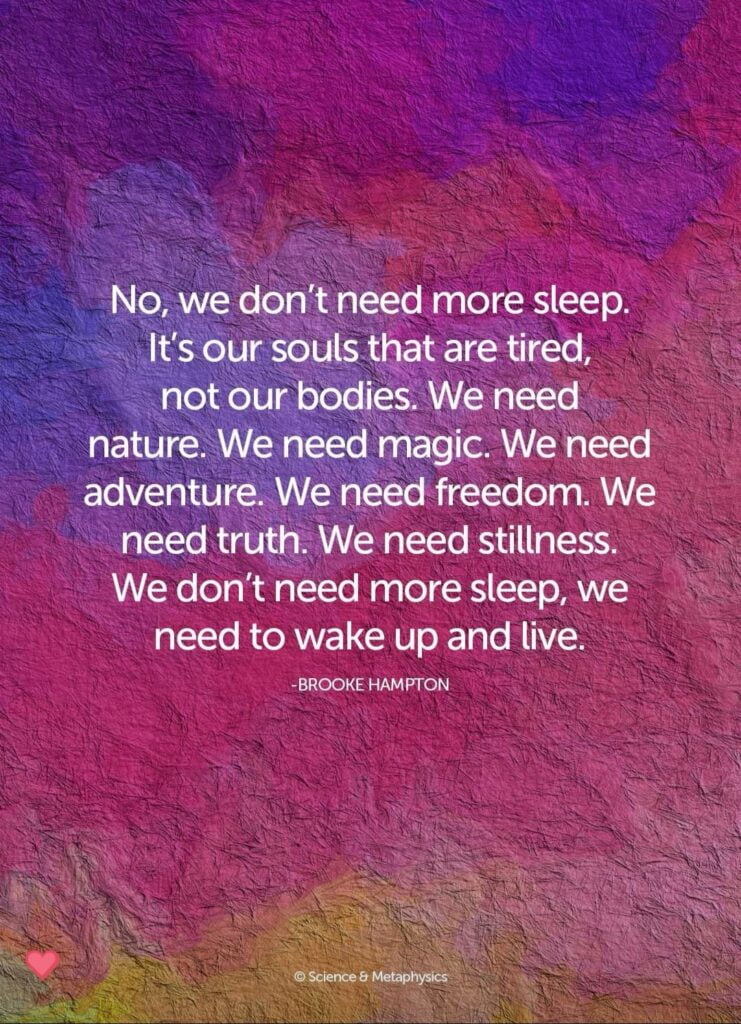Who wouldn’t love the wool socks, candle light, curling up to read with a steaming cup of tea’ part of the dark season? The cute and cuddly period might last for a month, after which we’ll rush towards Christmas trying to ignore the whole November thing. January, the annual chance for a fresh start, pumps us up with temporary motivation, but it’s still a long way to summer. For climate reasons you no longer fly to Thailand for three weeks, so how do you survive here?
Caring for your body and mind is the priority number one. If your system fails you’re no longer of use to anyone.
1. Don’t wait for holiday to do something fun, relaxing and out of routine
Routine is great and comforting to some extend, but it also makes you live inside the box. That can make you claustrophobic. Too many survive solely on the sight of a distant light in the tunnel, repeat the same thoughts and actions each day, and wait until holiday to live. Although Netflix is great, one is recommended to have a life on the side. I found this quote online and it’s been my mind’s wallpaper since:

2. Embrace the dark and find your light
Get yourself a light therapy lamp to imitate sun, if you need to. There’s also this cool thing called red light therapy lamp, that has heaps of proven health benefits. It’s said to boost collagen production, cell renewal, help with relaxation and recovery, to mention a few.
Instead of constantly fighting the dark, how about embracing it instead? Candles and small lights help make the dark period romantic and atmospheric. You don’t have to wait ‘till Christmas to play with light. Allow the long dark nights to affect your natural rhythm to get more rest and wind down earlier. Nothing messes with your system more than staying up late in front of screens, trying to be crazy efficient or numbing your consciousness with empty entertainment. Unnatural, hard light can make you feel artificially awake, so balance that out with some soft light-play and make the most of the few hours of daylight. Leave the office and go out, if possible.
3. Incorporate movement into daily life
Scheduling a workout once or twice a week is great, but it’s not enough if you spend the rest of the time sitting at a desk, sitting on a couch and sitting in vehicles. The small distances we walk, we tend to walk the same way, use the same muscles and move the same joints the same way our bodies are used to. Bodies want to move much more versatile than that.
Did you know that yoga asanas have funny animal names because they’re actually based on animal postures and motions? Animals use their bodies comprehensively throughout the day, without worrying what they look like. Take space and use it in creative ways. Stretch out, get down, shake your body parts, let your upper body fold and hang over your legs to energize for a few breaths, and use body language. Unlock your body and allow it some freedom. Needless to say, take the stairs instead of an elevator, and be mindful when you walk. If you walk staring at your phone your range of motion shrinks, your neck gets stuck and the posture suffers, plus you disconnect from others.
4. Eat according to the season AND according your body type
Very close to the yogic science is one of the oldest medical/nutritional systems in the world, Ayurveda. Originating from the East, it follows very logical principles that are adaptable to the Western world. It’s common sense to eat according to the season, but Ayurveda encourages us to also eat according to our dosha aka body type.
Ayurveda divides people into three main body types, of which they form their unique combination. Usually one dosha is dominant, which then determines your diet to create balance and maintain optimal health. For example if you’re slim, dry-skinned, restless, quick-paced and get cold easily, you’re dominant dosha is probably vata. Vatas benefit from warm, moist, heavy and naturally sweet foods in their diet. Whereas what vatas need to avoid are cold and dry foods (and actually live in warm and humid environment like tropics, but lets ignore that as we’re trying to stay in Finland here). To find your dosha, you can do a quiz online or book a consultation.
5. Find or create a nourishing community
We are tribal animals that live in a very individualistic culture, in a time that induces separation. This creates some major controversy. Being hooked on our phones we think we’re social when we’re on social media, but in real life we experience disconnection more then ever. We are busy being busy, and can be surrounded by people yet still feel alone. We obsess about personal growth, but how about the real connection to the people around us?
Wonderland Work is a fantastic example of what our time needs. When communities no longer form automatically, we must create them and show up open and authentic. Instead of constant focus on our personal failures or successes, let’s take time to find and nourish the relationships around us – making sure we bring value to our community offline.
6. Chill out!
An adult human needs 7-9 hours of sleep to maintain optimal health. Over winter-time the need for sleep increases. If you think you barely meet the 7 hours, most nights, and that it should be enough, you’re probably wrong. Plus even if you get 8 hours, how’s the quality of your sleep?
If you can’t get more hours or if your sleep is disturbed, there’s a great tip for the daily routine. Meditation is known to improve the quality of sleep and some claim it can replace sleep to some extend. Did you ever consider the fact that your brain rests more in deep meditation than while in shallow sleep? Lingering in theta and delta brainwavesallows your body and mind to restore and renew. Meditation is easy, just showing up is hard. Luckily there’s a ton of different meditations available online or you can create one of your own.
So carve out the time to chill out and relax. This does not mean constant passive input from TV but quality time with yourself. Trying to achieve and perform constantly gets tiring and burns you out fast (let’s not burn out, it’s not worth it).
If you just-don’t-have-time, try to practice mindfulness as much as possible. Being fully present in the moment saves up a lot of your energy plus makes you a happier person.
7. Focus on joy
Whatever you do, focus on the things that bring you joy, as much as possible. Or learn to bring joy to the things that you do, either way. Whatever brings you joy is vital to your well-being. Joy is the opposite of depression. If you can’t find your joy, do contact the healthcare and start introducing regular yoga practice. Yoga (and meditation) is proven to help tackle mild to moderate depression and anxiety, and there’s a style for everyone – from strenuous workout to more therapeutic alternatives.
Reetta Linnea
The author is a yoga instructor, writer, photographer and creative project maker working from Wonderland.
Photo credist @Santtu Heiskanen

